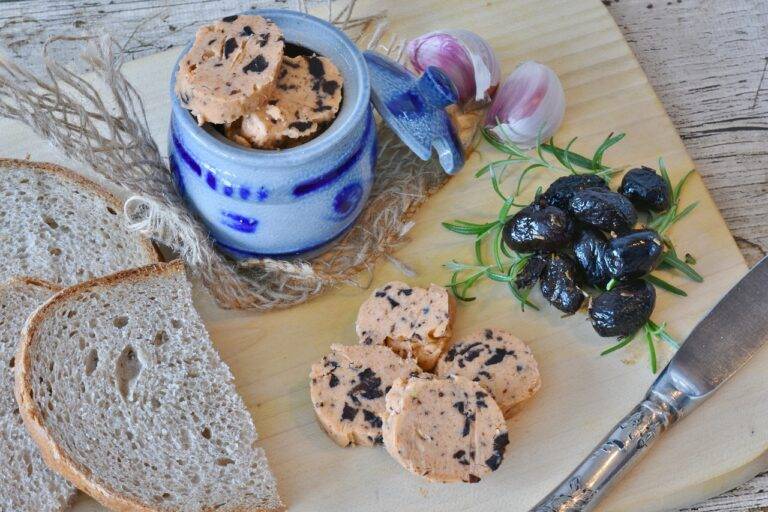Exploring the Role of Mindfulness in Cooking Class Curriculum: 11xplay new id, India 24 bat, Skyinplay live login
11xplay new id, india 24 bat, skyinplay live login: Cooking classes have always been a popular choice for individuals looking to enhance their culinary skills and expand their cooking repertoire. From mastering a new recipe to learning about different cooking techniques, these classes offer a hands-on experience that not only allows participants to improve their cooking abilities but also provides a fun and engaging environment to socialize with like-minded individuals.
One area that has gained attention in recent years is the incorporation of mindfulness practices into cooking class curriculum. Mindfulness is the practice of being fully present and aware of one’s thoughts, feelings, and actions in the present moment without judgment. When applied to cooking, mindfulness can transform the act of preparing a meal into a meditative and enriching experience.
Exploring the role of mindfulness in cooking class curriculum can have numerous benefits for participants. By integrating mindfulness practices into the class, individuals can cultivate a deeper connection with the food they are preparing, creating a more meaningful and fulfilling cooking experience.
Here are some key ways in which mindfulness can enhance the cooking class curriculum:
1. Cultivating a Mindful Approach to Cooking: By encouraging participants to focus on the present moment and engage fully in the cooking process, mindfulness can help individuals develop a deeper appreciation for the act of cooking and the ingredients they are working with.
2. Enhancing Sensory Awareness: Mindfulness can also help participants sharpen their senses and become more attuned to the colors, textures, and aromas of the food they are preparing. This heightened sensory awareness can lead to a greater appreciation for the nuances of different ingredients and flavors.
3. Promoting Mindful Eating: In addition to mindfulness practices during the cooking process, incorporating mindful eating exercises into the class can help participants savor their meals more fully and develop a healthier relationship with food.
4. Fostering Creativity and Innovation: Mindfulness can also stimulate creativity and innovation in the kitchen by encouraging participants to experiment with new ingredients, flavors, and cooking techniques in a mindful and intentional way.
5. Building Community and Connection: Mindfulness practices can create a sense of community and connection among participants, fostering a supportive and collaborative learning environment in the cooking class.
6. Stress Reduction: Cooking can be a therapeutic and stress-relieving activity, and mindfulness practices can further enhance these benefits by helping individuals relax, focus, and unwind during the class.
Overall, incorporating mindfulness into cooking class curriculum can lead to a more enriching and enjoyable cooking experience for participants. By fostering a deeper connection with the food they are preparing, sharpening their sensory awareness, promoting mindful eating habits, stimulating creativity and innovation, building community and connection, and reducing stress, mindfulness can transform the act of cooking into a mindful and meaningful practice.
FAQs:
Q: How can mindfulness practices be incorporated into a cooking class curriculum?
A: Mindfulness practices can be incorporated into a cooking class curriculum by including guided meditation exercises, encouraging participants to focus on their breath and senses, promoting mindful eating habits, and creating a supportive and collaborative learning environment.
Q: What are the benefits of practicing mindfulness in the kitchen?
A: The benefits of practicing mindfulness in the kitchen include developing a deeper appreciation for cooking, sharpening sensory awareness, fostering creativity and innovation, promoting mindful eating habits, building community and connection, and reducing stress.
Q: Can anyone benefit from mindfulness practices in a cooking class?
A: Yes, anyone can benefit from mindfulness practices in a cooking class, regardless of their cooking experience or skill level. Mindfulness can enhance the cooking experience for individuals of all backgrounds and abilities.







